- About us
- Support the Gallery
- Venue hire
- Publications
- Research library
- Organisation chart
- Employment
- Contact us
- Make a booking
- Onsite programs
- Online programs
- School visit information
- Learning resources
- Little Darlings
- Professional learning
Christina Stead (1902-1983) is regarded as one of Australia's finest novelists. Stead left Sydney for London in 1928, seeking, like her heroine Teresa in For Love Alone (1944), to escape what was then the stifling parochialism of Australia. In London she married the Marxist economist and writer William J. Blake, and embarked on a successful literary career with the publication in 1934 of Seven Poor Men of Sydney and The Salzburg Tales. Moving between Europe and the USA, Stead produced a number of works including the highly regarded The Man Who Loved Children (1940), a largely autobiographical study of a family dominated by an overbearing and narcissistic father. While Stead was recognised internationally, it was not until the 1970s that Australians embraced her writing. In 1974 she returned to live in Australia and received the Patrick White Award for literature.
Collection: National Portrait Gallery
Purchased 1999
© Jacqueline Mitelman



On one level The Companion talks about the most famous and frontline Australians, but on another it tells us about ourselves.
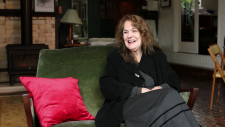
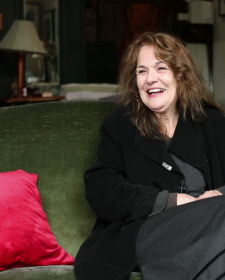

Australian photographer, Jacqueline Mitelman, discusses her process for creating portraiture.
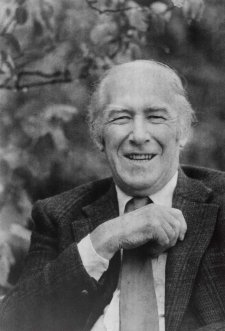
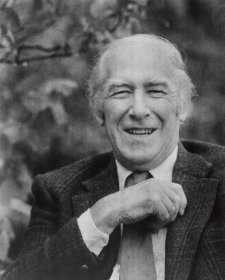
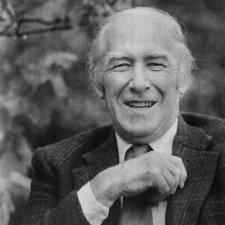
To celebrate the centenary of the birth of poet Alec Derwent Hope AC OBE (1907-2000), the National Portrait Gallery exhibited a selection from its many portraits of Australian poets and authors.